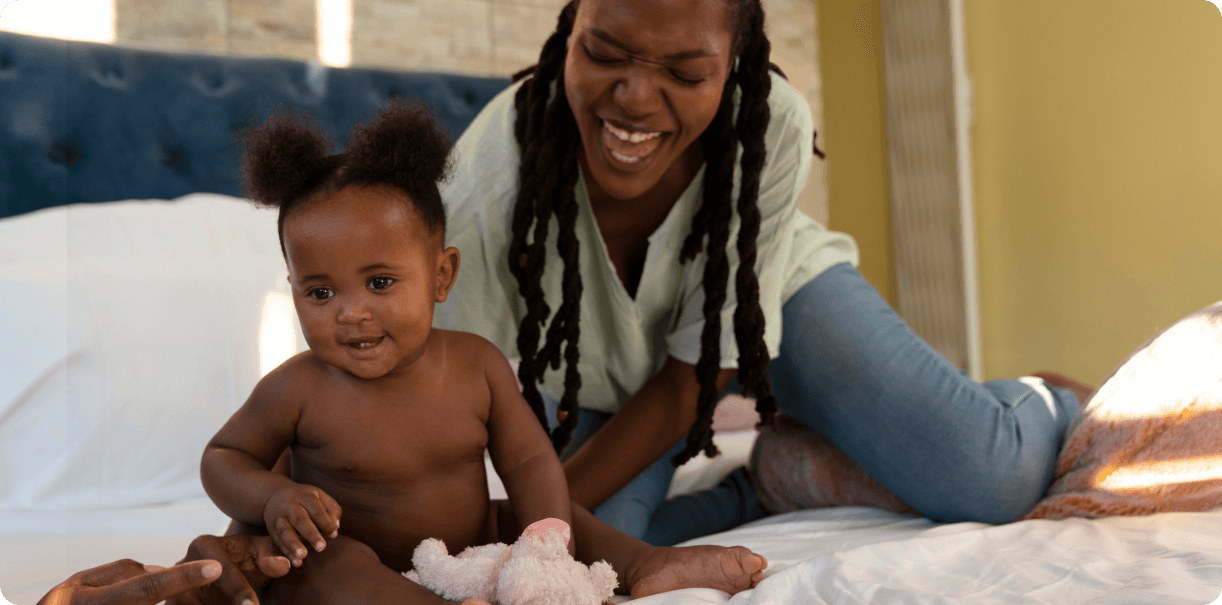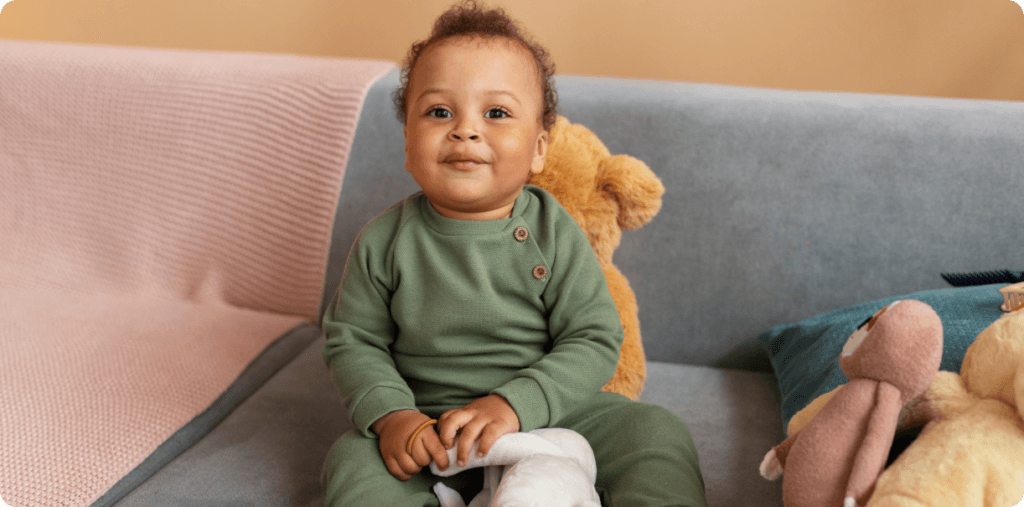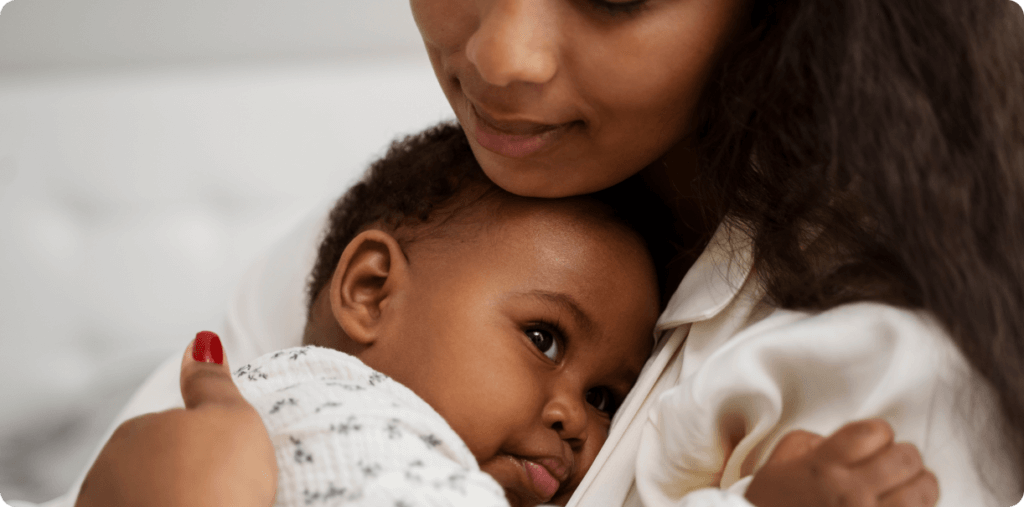
It is normal to be concerned about over a thousand things when you are a mother of a newborn. For every new mom and dad, you might need some help with this new experience. With the pandemic, such concerns have only increased. Breastfeeding your baby is something that brings you both closer. But how afraid are you if you are a new mom who tested positive for Covid-19.
Well, you don’t need to be! Until now, there is no evidence that shows the spread of the virus through breastfeeding. Hitherto coronavirus has not been found in breast milk. And, for the newborn babies, their mother’s milk is a medical intervention. Besides, the breastmilk of infected mothers contains antibodies against the virus and not the active virus. The benefits of breastmilk override the possible risks associated with Covid-19. All of the international health organizations recommend breastfeeding or the provision of breast milk with adequate safety measures.
- Breastmilk is one of the most nutrient-dense foods a mother can provide for her child. It contains fats, carbohydrates, minerals, iron, calcium, phosphorus, sodium, and vitamins A, C, and D, in addition to water. Breastmilk is the best and only source of nutrition for newborns to maintain a healthy immune system. It protects them from potentially fatal viral infections.
- Colostrum, the mother’s first milk, is the ultimate dose of all nutrients that will help to build the baby’s immunity. It is like a magic potion when it comes to the child’s immunity. The innate immune system in breast milk acts as the first line of defense against infections and is activated in less than a few minutes. Also, breastfeeding is beneficial to mothers because breastfeeding hormones promote wellness and can alleviate stress and anxiety in the mother’s body.
- But yes, the chances are high to contract this disease to your baby if you have covid-19, but only through contact. So, the one thing you can do to avoid such a situation is to reduce face-to-face contact with your baby. Obviously, it is tough to avoid close contact with the baby while you are a breastfeeding mom. But there are some things you can take care of to prevent spreading the virus to your baby. Like, washing your hands using a hand wash before and after touching your baby. Always keep your and your baby’s belongings sanitized and sanitize yourself before you touch them. It would be best if you were careful enough to wear a mask while you are nursing. Although it may be hard, try to keep your distance from the baby.
One of the best solutions to avoid close contact with the baby and still feed them breastmilk is to give expressed breast milk. Remember to wash and sanitize your hands before you touch the breast milk pump. You can pump breast milk according to your convenience and ask someone else in the household who is not sick to give the baby the expressed breast milk. Pigeon Arabia offers a range of breast pumps, from manual to electric, which any new mom can choose according to their need and comfort.
Breast pumps are easy to carry around and make breastfeeding hassle-free. You can store the expressed milk using a breastmilk storage bag or a breastmilk storage bottle accordingly. This is the most effective method to keep your newborn baby safe from infection and still breastfeed them. Don’t forget to sterilize the pump and the storage bottles before and after using them. This will ensure extra safety from transferring the disease from the mother to the child. Even while you are pumping the milk, try to wear a mask.
The answer is YES! If the breastfeeding mother belongs to a high-risk group, that is, if she is a health worker, she can receive a vaccination. A healthy woman who is currently breastfeeding or expressing can definitely take a vaccination as there is no risk necessarily associated with it. According to CDC (Centre for Disease Control and Prevention), no vaccines for Covid-19 pose a risk for breastfeeding mothers or their infants. Furthermore, the vaccines are considered to be effective in breastfeeding mothers and even pass on this protection to the baby through breast milk.
If you have COVID-19 and are unable to care for your infant or continue direct breastfeeding, express milk to provide breastmilk to your infant safely. If you are too unwell to express breastmilk, you should go for the possibility of relactation (restarting breastfeeding after a gap) or using donor human milk. If the mother is forced to opt for relactation or cessation of breastfeeding abruptly, she should explore the possibility of lactation suppression. The mother could experience swelling and pain in the breast when they are engorged with milk.



